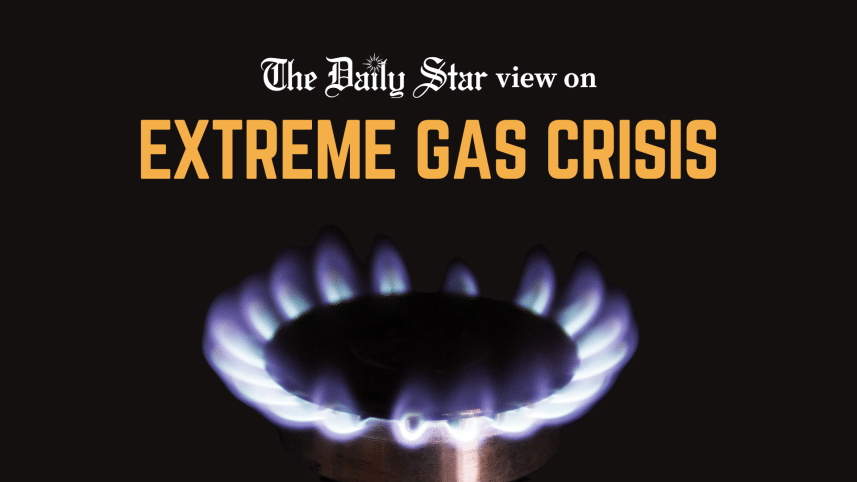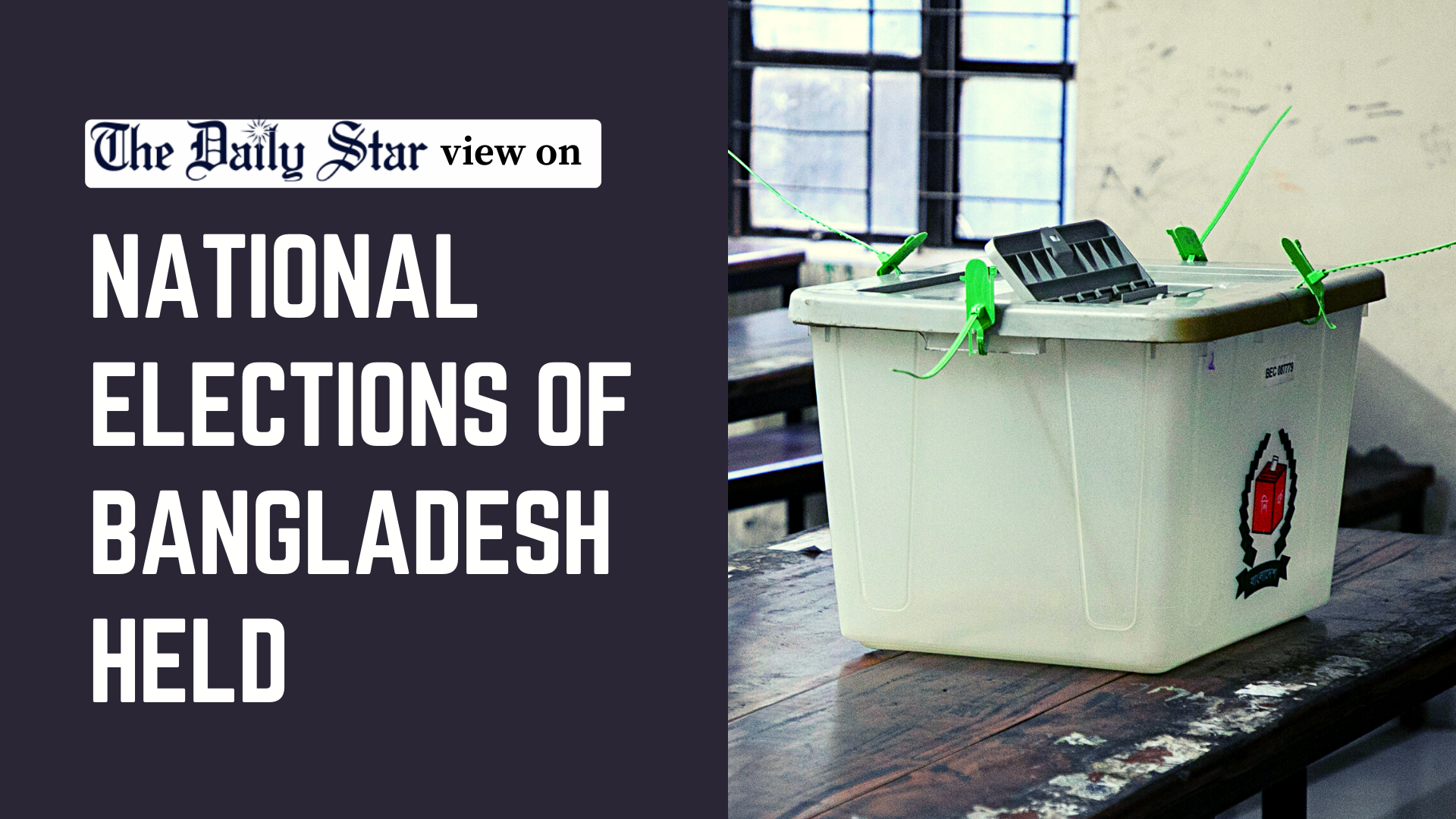Gas crisis requires urgent govt intervention

We are alarmed by the acute gas crisis that is causing havoc for the industrial sector and immense suffering for households. According to data from Petrobangla, the gas supply in the country is now at its lowest since April 2020, at about 2,500 million standard cubic feet per day (mmcfd) against a demand of 3,800 mmcfd.
Despite the power sector's demand for gas dropping due to the onset of winter, other sectors are still struggling to get adequate gas due to a drop in local production and lower imports. The supply is only expected to increase in the latter half of February, at which time the demand is also likely to rise. Because of the ongoing scarcity, businesses across different sectors are struggling. Ready-made garment manufacturers, for instance, are having to decrease their production. Businesses in other industries are either incurring higher production costs, losses in terms of their raw materials, or are having to sacrifice the quality of their products. Bangladeshi businesses that participated in the World Economic Forum's Global Risks Report 2023-2024, cited energy supply shortage as the number one threat to the economy and their business. And it seems that their worst fear is now coming true.
Meanwhile, households in numerous areas of Dhaka are also facing a severe gas crisis, with many homes only getting enough gas in the middle of the night. As a result, households too are counting additional expenses, as people are being forced to eat out or wait till the middle of the night to cook their meals. Gas production will increase slightly once operation resumes in one of the two floating storage and regasification units (FSRU) on January 14, according to one Petrobangla official. However, this will not be enough to make up for the current deficiency. One of the major concerns here is the declining local production. And even though officials are working to increase production, it seems their efforts have come in too little, too late. For years, experts have been urging the government to focus on increasing local production. But the government's delay in paying heed to their warnings has now come home to roost.
While the government should, nevertheless, continue to work on increasing local production, at the moment, it seems there is no alternative but to ramp up LNG imports to address the crisis. Given the parallelly running reserve crisis, that could prove difficult. The government should, therefore, look to cut back on unnecessary costs elsewhere that are draining the country's reserves, and focus on making favourable deals with other countries to increase LNG imports.
Follow The Daily Star Opinion on Facebook for the latest opinions, commentaries and analyses by experts and professionals. To contribute your article or letter to The Daily Star Opinion, see our guidelines for submission.



 For all latest news, follow The Daily Star's Google News channel.
For all latest news, follow The Daily Star's Google News channel. 

Comments